(CLO) Tiny QR codes, less than 2.6 mm in diameter, are being used to record the foraging behavior of honeybees in Pennsylvania and New York.
Thousands of bees in the two states have been fitted with QR codes on their backs, allowing scientists to track their movements as they enter and leave their hives. The innovative study combines entomology and electrical engineering to explore the flight range of bees as they search for food.
Initial findings suggest that most flights last only a few minutes, but some bees can stay away from the hive for more than two hours. The work, published in HardwareX, could change understanding of honeybee behavior, particularly in relation to organic beekeeping.
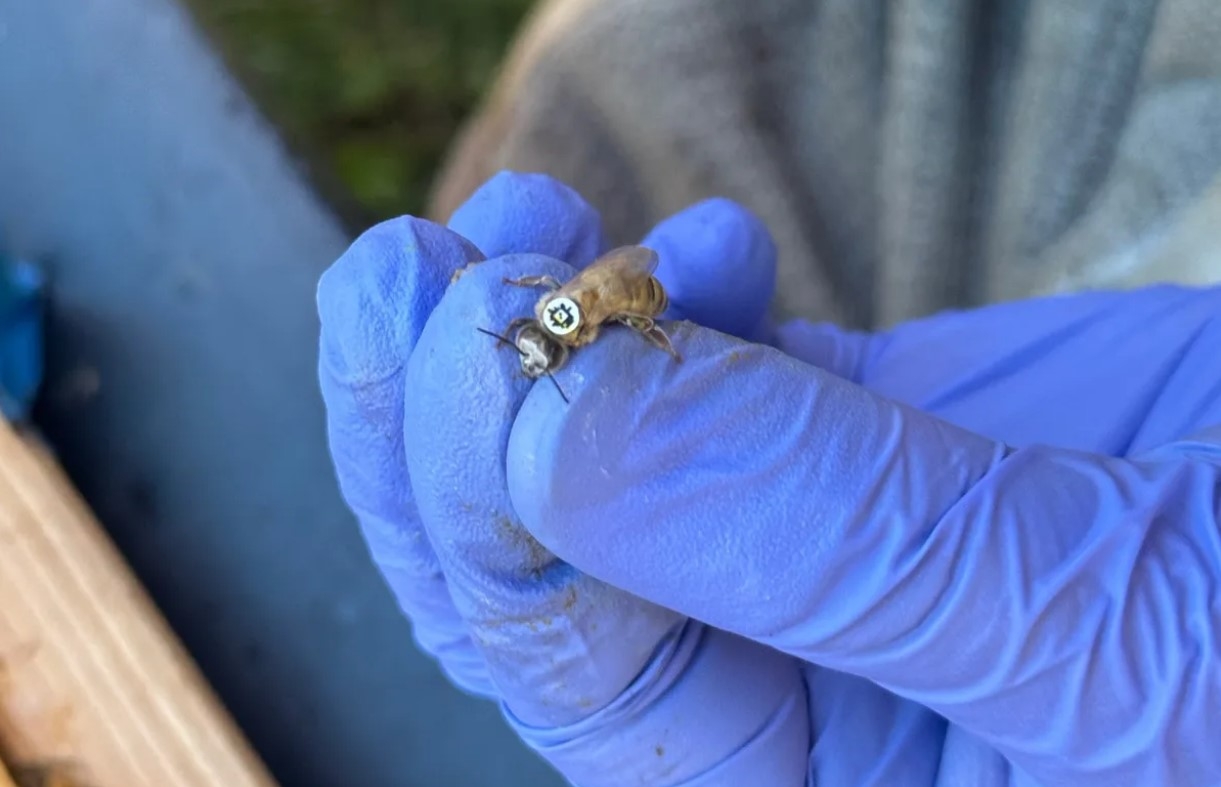
A researcher attaches a tag to a bee. (Photo: Penn State)
Previously, scientists relied heavily on direct observation to study bee activity, but this approach has many limitations. According to Associate Professor Margarita López-Uribe of Penn State University, the new system uses automated camera sensors at the hive entrance to record the movements of individual bees via QR codes.
The technology provides precise, continuous data on bee foraging activity, allowing for unprecedented scale studies of bee behavior. López-Uribe emphasizes that humans can only observe a limited range, while machine learning can collect more comprehensive data.
Throughout the season, the team tagged 600 young bees every two weeks, tracking more than 32,000 bees in total. The system recorded data on when they left the hive, when they returned, ambient temperature, and other foraging behaviors.
Analysis of the data showed that while most bee trips were short, about 34% of bees spent more than two hours outside the hive. This could be due to long foraging trips or bees not returning to the hive.
Understanding bee flight distances is important to organic beekeeping.
In 2010, the U.S. Department of Agriculture recommended that organic beehives be located away from areas with pesticides, based on the assumption that bees could fly up to 10 kilometers. However, this study found that most bees flew shorter distances, opening the possibility of adjusting the regulation to better reflect reality and make organic certification more accessible to beekeepers, López-Uribe said.
Ha Trang (according to HardwareX, BBC Wildlife)
Source: https://www.congluan.vn/nhung-chu-ong-deo-ma-qr-tiet-lo-nhung-bi-an-tu-to-ong-post332851.html






![[Photo] National Assembly Chairman Tran Thanh Man attends the VinFuture 2025 Award Ceremony](/_next/image?url=https%3A%2F%2Fvphoto.vietnam.vn%2Fthumb%2F1200x675%2Fvietnam%2Fresource%2FIMAGE%2F2025%2F12%2F05%2F1764951162416_2628509768338816493-6995-jpg.webp&w=3840&q=75)
![[Photo] 60th Anniversary of the Founding of the Vietnam Association of Photographic Artists](/_next/image?url=https%3A%2F%2Fvphoto.vietnam.vn%2Fthumb%2F1200x675%2Fvietnam%2Fresource%2FIMAGE%2F2025%2F12%2F05%2F1764935864512_a1-bnd-0841-9740-jpg.webp&w=3840&q=75)







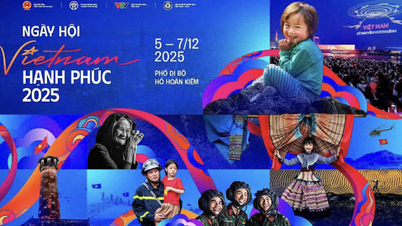







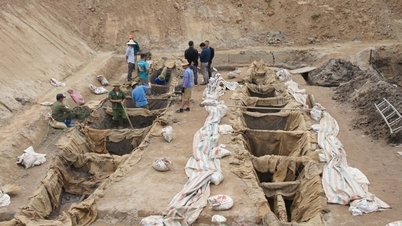
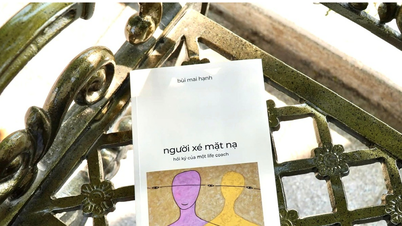
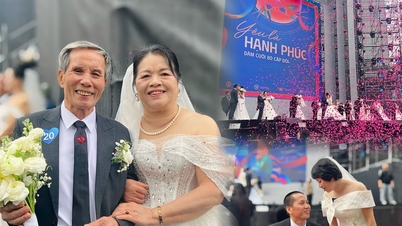


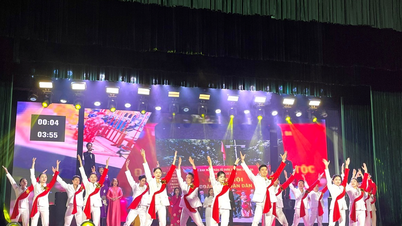
















































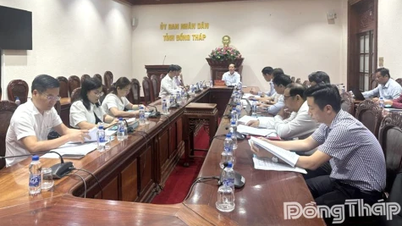



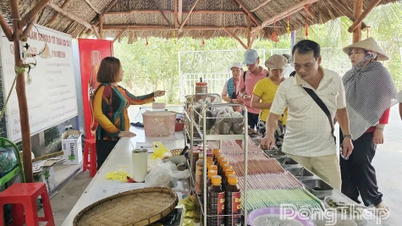
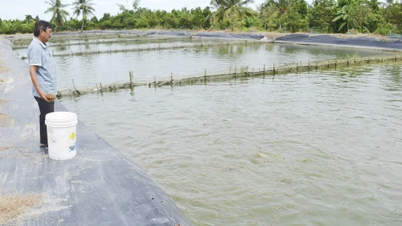
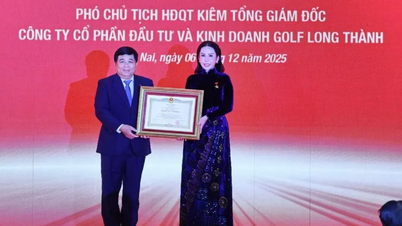













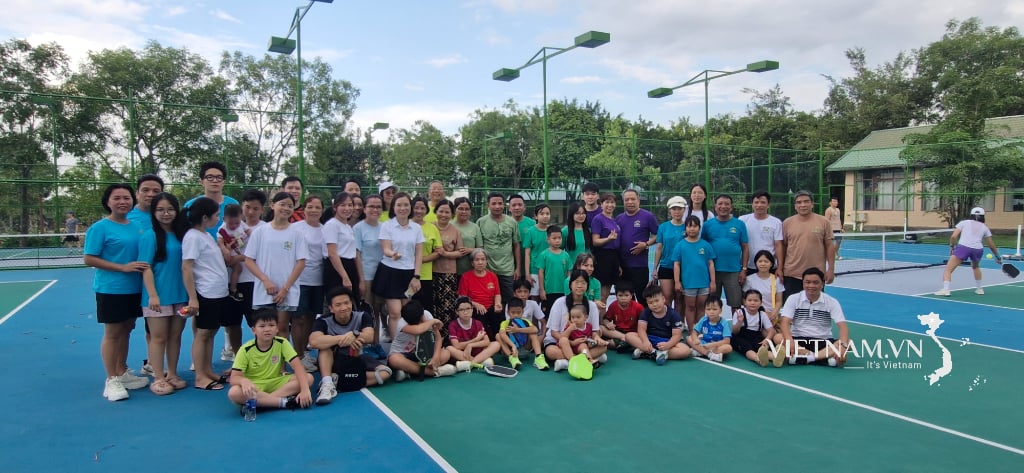





Comment (0)